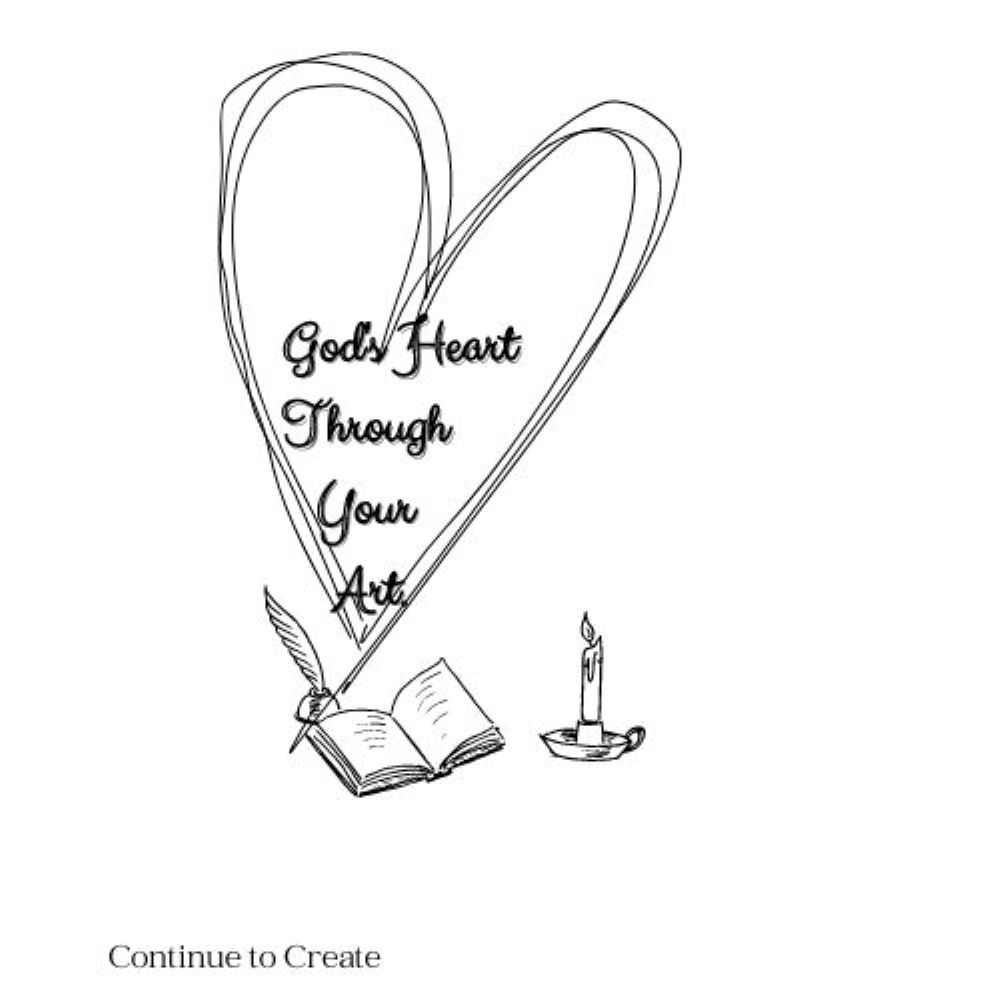Rejection or Acceptance
Why would anyone ever want to choose REJECTION? Think about it! If your work is accepted, that means it is received, loved, welcomed into the inner sanctum. Am I right? I want to ask you to consider if rejection might sometimes help you receive acceptance? I know, that does sound a bit odd, but your creativity will receive a response, once it leaves your space. Therefore, the next step will be how it affects the end goal you have set for yourself.

Rejection or acceptance are two side of the same coin. How you respond will help you to grow in your art and in life.
As you begin creating, which goals do you gaze upon?
– Popularity? To be seen, the publishing house to say “yes,” to be understood? Maybe simply to understand or to create art?
Relax, Smile, and Breathe
Do you see a difference between the two hand groups? One may feel a bit harsh with your creative offering, while the other will delightfully say “yes.” We want the offered art to be accepted, but realistically, once it has left our hands, that choice has left us as well.
What about Rejection or Acceptance of writers from the past?
C. S. Lewis was not always considered a great writer. The early manuscripts he sent to different publishing houses did not fare well. He received a painful rejection letter from one that stated, “…but we do not feel that the collection as a whole would be likely to appeal to any considerable public.” (p.114) What a sting! C. S. Lewis even chose to change his name to the pseudonym of Clive Hamilton when approaching early publishers.
We reap the literary benefits from authors’ published works, but are you familiar with their struggles prior to publication?
Here is a small list of writers who faced rejection, and how they dealt with it, taken from the chapter REJECTION in For Writers Only by Sophy Burnham.
- “Robert Pirsig received 121 rejections, he says, before Zen and the Art of Motorcycle Maintenance was accepted for publication. (p. 155)”
- “Jonathan Livingston Seagull circulated to forty publishers. (p. 155)”
- “Beatrix Potter’s Peter Rabbit books were turned down so often that she finally published them herself. (p. 157)”
In reality, how do you handle Rejection or Acceptance of your craft?
Do you see either approaching your goals?
Which is better for your art—Rejection or Acceptance? Do you feel pain in the rejection of an item offered, whether it is a returned manuscript from the publisher or an art piece that no one even takes a second glance at in the gallery? As a result of this response, do you want to quit? Honesty is your friend, but do not stop.
If you go back to the end goals for your creativity, look again at the list. What are the expectations for your art and for you? There is no right or wrong answer to this question because it is your art. If a piece is not received in the way you wanted, ask why? Possibly, the techniques need improvement, so the outcome speaks closer to your intent.
Spend time to contemplate upon your goals. If mass acceptance is happening but there really seems to be no depth or change in response to your art, is that in line with a goal? Also, if with mass acceptance come demands that do not bring a fuel to your creativity, are you growing? What are you offering to your craft?
Rejection or Acceptance
I am not here to offer you techniques on how to work through rejection or acceptance. This post is to help you consider how to look within your heart when either Rejection or Acceptance occur. When it happens, does it have an effect you? If so, how does it affect you? You are not wrong if you feel pain. The destruction comes when you decide to either stay in the pain or freeze under the label of rejection or acceptance and refuse to move forward.
God has given you a voice to share His Voice. Learning how to improve does not make you more accepted in His EYES. That will never change. Learning to see how to walk in the rejection or acceptance of your creativity through God’s lens is growth and will also reflect in your art.
You will
.
This past post, Creating is a challenge, can bring more thoughts when dealing with rejection or acceptance of your creative offerings. While it is a challenge, you do not walk this path alone.

